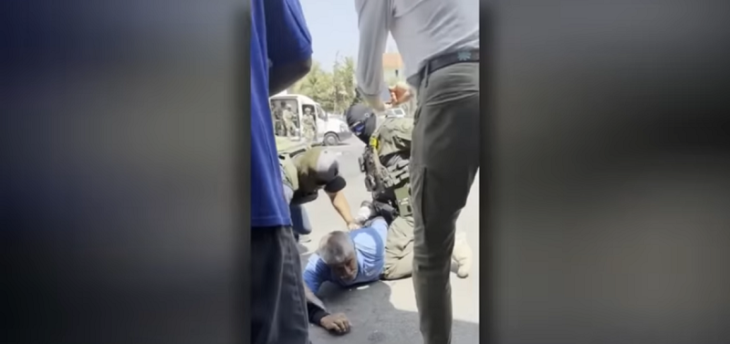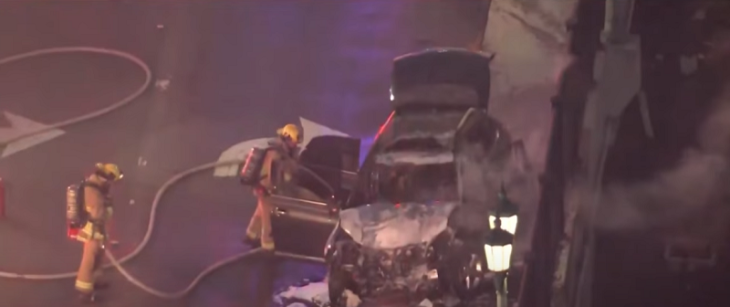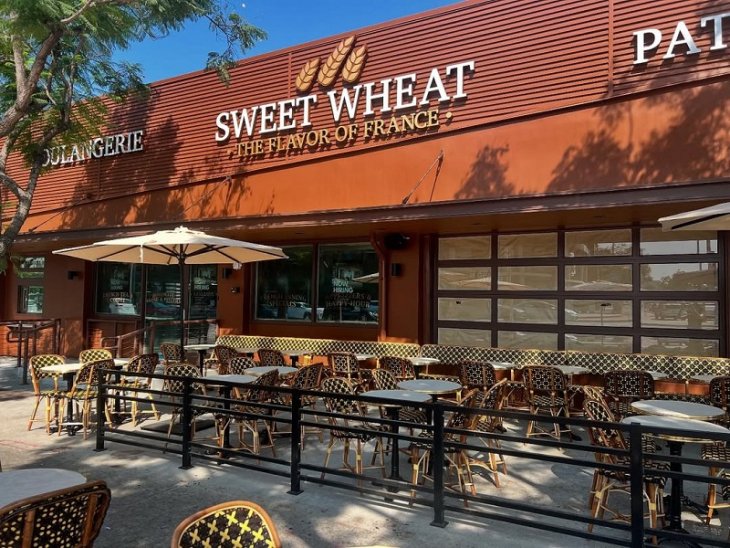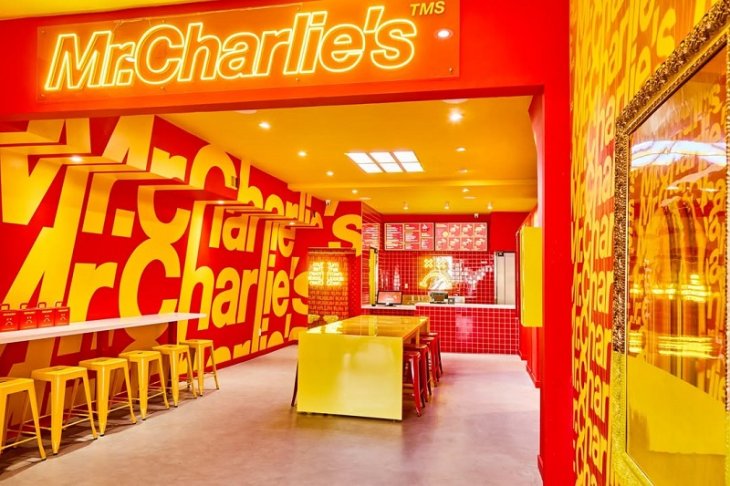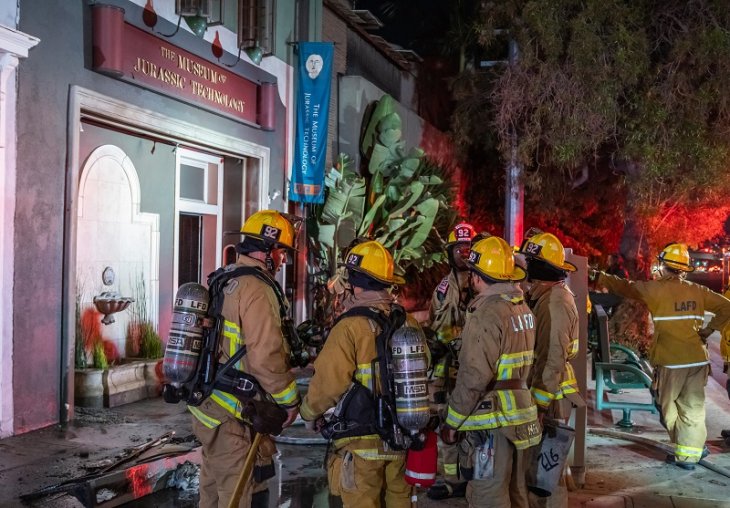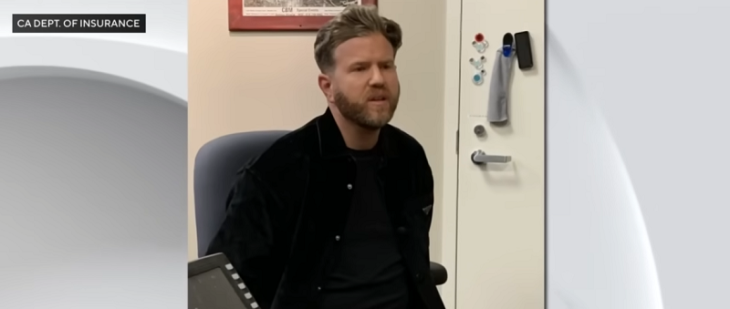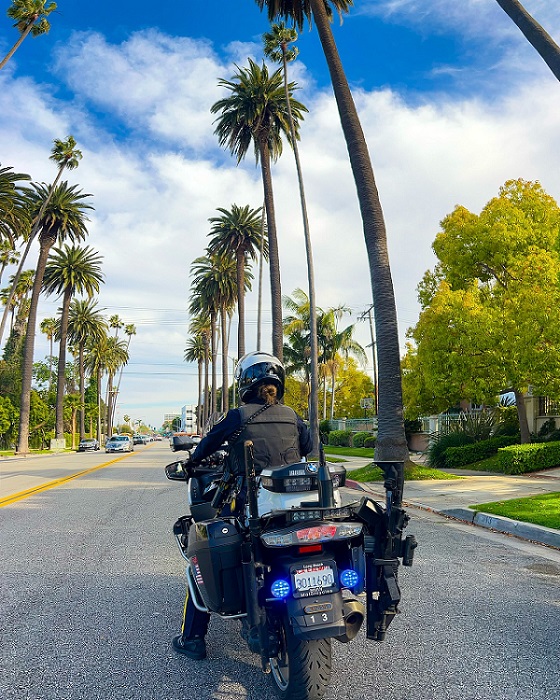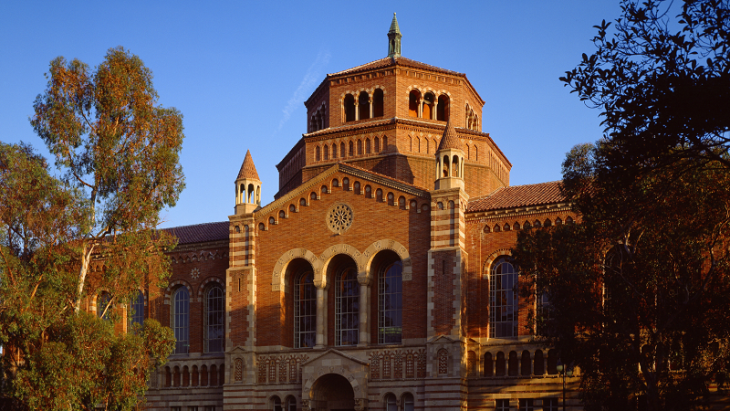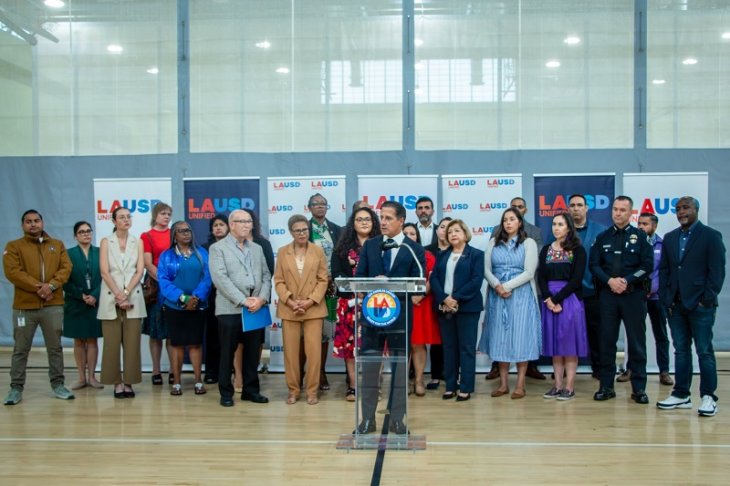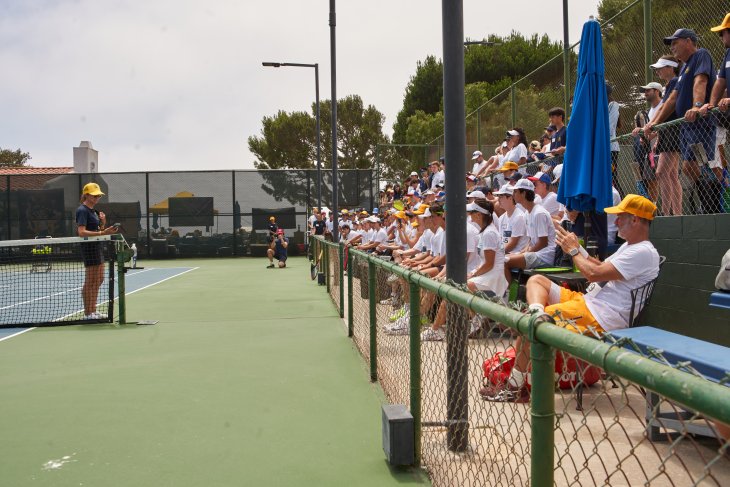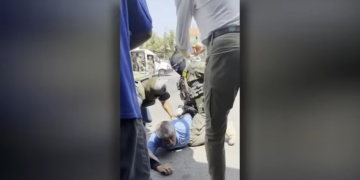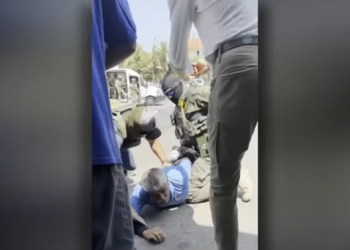
Westside commuters who travel east into Downtown Los Angeles and then south along the Harbor Freeway would still have to use a FasTrak transponder if they wish to use the two-lane Express Lanes along an 11-mile stretch of the 110. The Metro Board of Directors voted April 24 to make the pay-to-use Express Lanes permanent
A similar Express Lanes on the San Bernardino portion of the 10 freeway was also made permanent, it was announced.
As part of the vote, people who have FasTrak accounts to use the Express Lanes will have to pay a $1 monthly maintenance fee to help cover operational costs.
The decision by the Metro board followed the release of a report that found the toll lanes generally met their purpose – providing faster commutes for people who used them. The report also found that ridership jumped sharply on the Metro Silver Line express bus after the toll lanes open.
The Express Lanes experiment began in November 2012, when an 11-mile stretch of toll lanes opened on the Harbor Freeway between the Harbor Gateway Transit Center in the Gardena area and Adams Boulevard near downtown Los Angeles.
In February 2013, 14 miles of toll lanes opened on the San Bernardino (10) Freeway between the San Gabriel River (605) Freeway and Union Station/Alameda Street in downtown Los Angeles.
All motorists who use the Express Lanes must have a transponder in their vehicle and have an active account. Carpooling motorists are not charged for using the lanes, but still must have a transponder. A switch on the transponder lets the system know if drivers are carpooling or driving alone.
A carpool is considered two or more people most of the day, but carpools must have three or more during rush hours to avoid the toll.
The toll amount ranges from 25 cents to $1.40 per mile, depending on traffic.
The $290 million ExpressLanes project was funded in part by a $210 million federal grant.
Metro’s board voted 8-to-3 to impose a $1 monthly maintenance fee on Express Lane account holders. According to Metro, the program initially included a $3 fee for people who used the lanes three times or less each month. That fee was later waived in response to customer complaints.
Metro pays the toll lane contractor $3 for each transponder issued, and the $1 monthly fee is expected to raise about $2.3 million to help cover that cost, according to Metro.
Some board members said they were interested in expanding the toll lane system to other freeways. Metro is already planning an eight-mile stretch of tolled lanes on the Golden State (5) Freeway in the Santa Clarita area.

